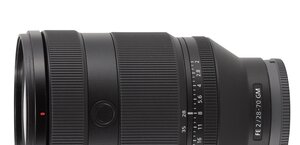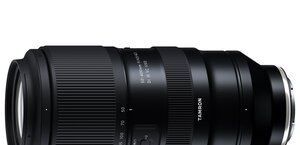Panasonic Leica DG Summilux 9 mm f/1.7 ASPH
5. Chromatic and spherical aberration
Chromatic aberration
Low dispersion elements in the optical construction of the PanaLeica perform as they should – longitudinal chromatic aberration cannot be spotted even at the maximum relative aperture. Such a performance is really worth praising because fast, ultra wide-angle lenses are always difficult to correct. |
Let's also check the question of lateral chromatic aberration – an appropriate graph we show below.

Please Support UsIf you enjoy our reviews and articles, and you want us to continue our work please, support our website by donating through PayPal. The funds are going to be used for paying our editorial team, renting servers, and equipping our testing studio; only that way we will be able to continue providing you interesting content for free. |
- - - - - - - - - - - - - - - - - - - - - - - - - - - - - - - - - - - - - - - - - - - - - - - -
This aberration correlates with the aperture value very weakly, keeping a level of 0.07-0.08%. It means you still deal with low values which, momentarily, approach medium levels so it is not a perfect performance.
| Olympus E-M5 II, RAW, f/1.7 | Olympus E-M5 II, RAW, f/8.0 |

|

|
Spherical aberration
The correction of spherical aberration is far from perfect. In first photos of this chapter you can notice a very slight shift of focus towards greater distances. A bit more pronounced effect is visible in out-of-focus circles of light – the first of them has a distinct rim and the second one soft edges. Both these features are classic symptoms of spherical aberration.Still, it should be noticed that these effects are not especially pronounced so the level of spherical aberration is medium at the most.
| Panasonic G9, f/1.7, przed | Panasonic G9, f/1.7, za |

|

|






